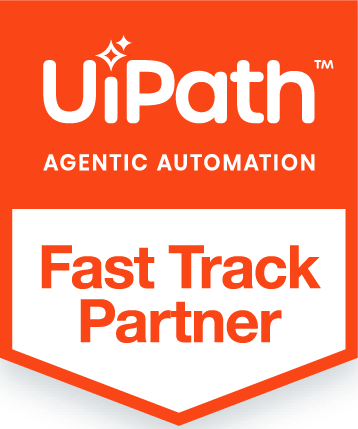DevOps was introduced between 2007 and 2008 as a revolutionary methodology that would be disrupting the IT development landscape. While DevOps was successful in changing the way how IT thinks and operates, it took a long time for companies to adopt this methodology. The reason for this slow adoption was because businesses took time to understand how DevOps works. While organizations are aggressively embracing this methodology in recent times, there are still some misconceptions that are acting as a barrier to DevOps implementation. Here are the top 10 myths about DevOps development.
1) DevOps is a Tool
The most popular myth about DevOps is that it is a tool or a product which is not true. DevOps is not a tool or a technology that can be purchased or subscribed to. It is a methodology that integrates development, operations, QA and security teams into a cross-functional team to seamlessly collaborate and work on software development projects. The system uses tools, processes and people to achieve this. For instance, continuous integration is achieved using CI servers such as Bamboo, Jenkins, Gitlab etc. while Docker and Kubernetes help in automatic deployment and management of the infrastructure.
2) DevOps is for the Web
DevOps became popular with SaaS-based organizations such as Netflix and Etsy creating an impression that DevOps is only for web companies. While it is true that DevOps favours web platforms, it is equally effective for all types of modern software delivery. While continuous delivery helps web companies to always offer up-to-date software, the same applies to native and non-web software too.
3) DevOps means CI/CD
While DevOps helps organizations achieve continuous delivery by building CI/CD pipelines, it is only a part of the DevOps methodology. DevOps is not confined to CI/CD but deals with the organization more comprehensively. In addition to tools and processes, DevOps brings a cultural shift across the organization by creating cross-functional teams that seamlessly collaborate and communicate across the product lifecycle. To fully leverage DevOps, businesses should equally focus on people, tools and processes.
4) DevOps Solves all Problems
It is a common misconception that when you use DevOps to build continuous delivery pipelines and automate processes, the system will take care of everything without any issues. First of all, you need to design the right DevOps strategy with the right tools for the right processes that are managed by the right people. In addition, to automating processes, you need to set up continuous feedback loops, analyse metrics and constantly update things. DevOps is not a magic wand that automatically sets everything right.
5) DevOps is for Developers and Operations Teams
DevOps stands for Development and Operations. While it started off a system that integrated these two teams to collaboratively work on a software development project, it has greatly evolved now. Today, DevOps cross-functional teams include people from QA, security, administrators, data engineers, analytics engineers and business management. It is interesting to note that members from sales, marketing, and tech support and customer service are also being incorporated into cross-functional teams as and where applicable.
6) DevOps is the End of Operations Teams
In an automated DevOps environment, developers can automatically deploy software to production environments using tools such as Jenkins, TeamCity, Docker, Kubernetes etc. However, it doesn’t mean that it is the end of the road for operations professionals. Actually, Ops teams can take advantage of Infrastructure as Code (IaC) tools to efficiently manage the infrastructure via code. DevOps teams are accountable for the entire lifecycle of the product and Ops teams have an important role to play here.
7) Operations Professionals Should Learn Programming
With infrastructure as code taking the center stage of the infrastructure management landscape, there is a misconception that operations professionals should learn programming languages. While it is true that you need a basic idea of scripting, you don’t need to have expert knowledge of programming languages such as Java or C#. For instance, Ruby is a popular IaC language that is easy to learn. So, Ops teams with basic scripting knowledge can easily pick up this system.
8) DevOps is only for Non-Regulated Industries
Often, people think that DevOps doesn’t work well with highly regulated industries, owing to strict compliance and security policies. DevOps serves a great purpose for regulated industries as well. With DevOps, compliance becomes easy as you can store audit trails of all automated processes. It means business processes are always audit-ready.
9) DevOps is Cloud-based
Often, people believe that DevOps is always deployed in the cloud and some people use the term ‘cloud’ interchangeably with DevOps. DevOps indeed brings dynamic infrastructure resources into the picture. However, it doesn’t mean that DevOps always requires a cloud infrastructure. If you can dynamically test and deploy code, then DevOps works for you.
10) DevOps replaces Agile
A popular myth about DevOps is that it replaces agile which is not true. In fact, DevOps enables agile practices by incorporating continuous integration, continuous testing, continuous deployment and continuous monitoring. So, it actually complements agile software development.
The key to fully leveraging DevOps is choosing the right DevOps strategy. CloudTern is here to help!




